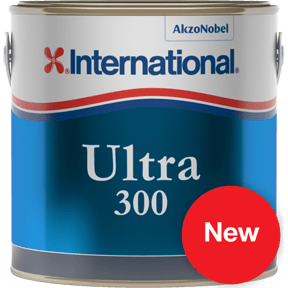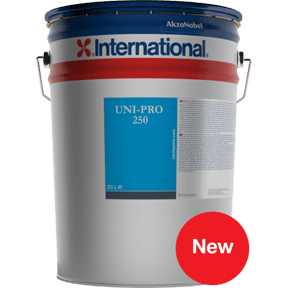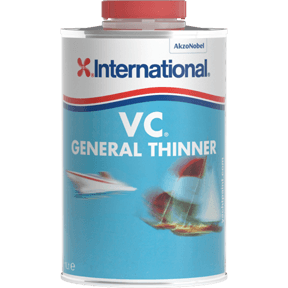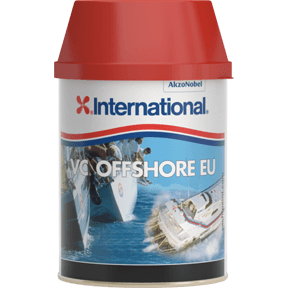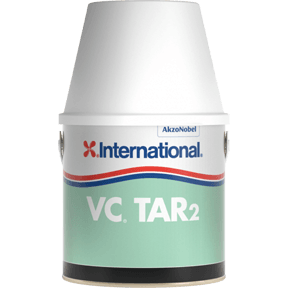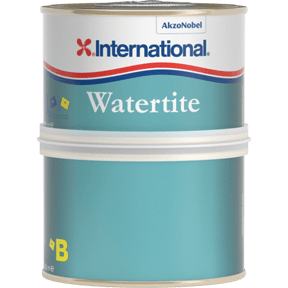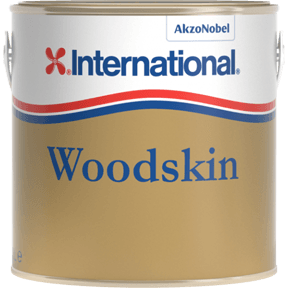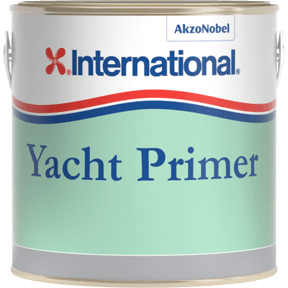Category
Price
We can supply a full range of marine paint from the manufacturers above.
We are only able to ship marine paint/coatings within the UK Mainland.
Please only purchase paint/chemicals by 1 manufacturer per order.
All prices are +VAT.
Boats lead a rugged life, even if they don’t go out that much. They bake in the sun, get soaked by the rain (often polluted rain), get frozen and thawed, chafe for months at a time against docks and fenders, get pulled up on trailers and beaches, hit rocks and logs and all sorts of other hard objects, and float in a watery zoo of plants and animals that want very much to attach themselves to the boats’ bottoms and go along for the ride. The paint on your boat is an important line of defense against all these things.
Most recreational boats today are made of fiberglass with a shiny gelcoat outer surface. The second they leave the shelter of their builders’ yards, the attack on the gelcoat begins. Unless a boat is kept in an enclosed, shaded, temperature-controlled structure and rarely let out to play, that attack never lets up. An owner who’s diligent with freshwater rinses, rubbing compound, and good paste wax can keep a gelcoat looking good for years. But eventually, nature will win and the boat’s exterior will need to be given a facelift, either with a single or two-part marine paint, or with a coating system. These coating systems have to be sprayed on in a controlled indoor setting and are typically best left to professionals.
Basics of How to Paint a Boat:
- Set up in a well-ventilated work space.
- Repair and fair any dings or gouges in the hull or deck.
- Sand carefully and remove all dust.
- Apply primer, if necessary, and resand.
- Apply the finish paint with a partner, using roller and brush.
- Let each coat dry completely before lightly sanding for the next, laying on a minimum of two coats.
- Protect yourself and the environment.

